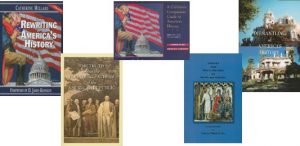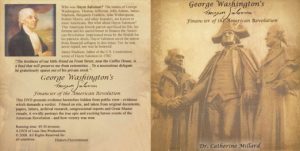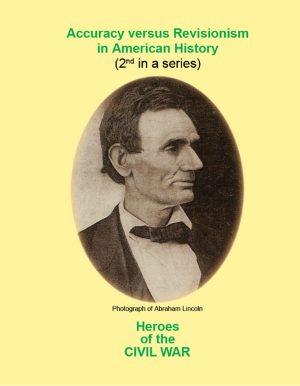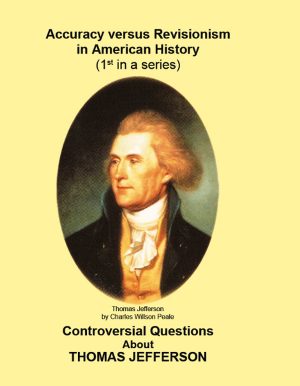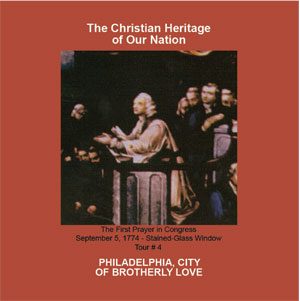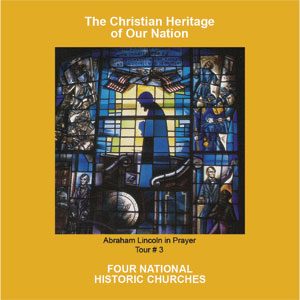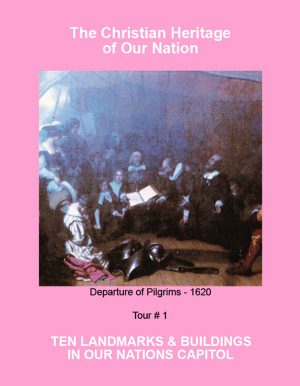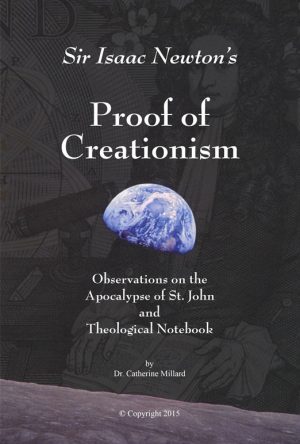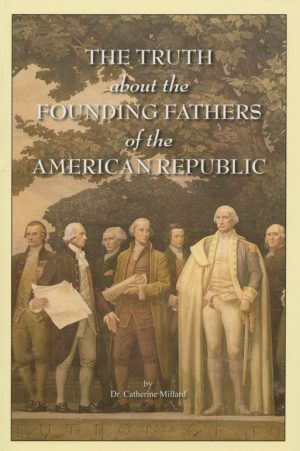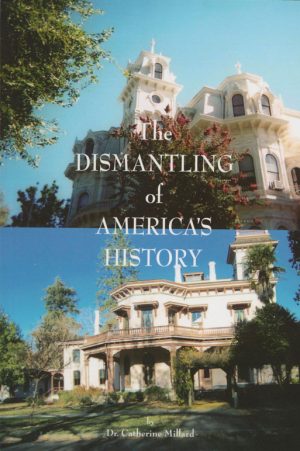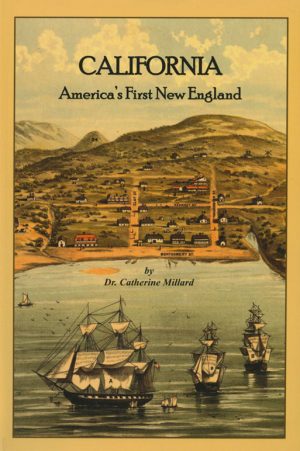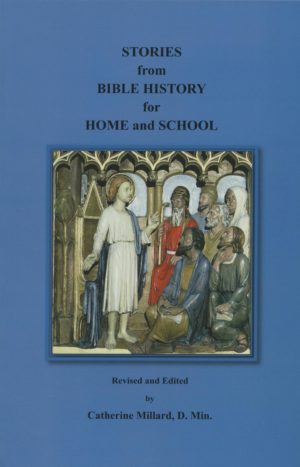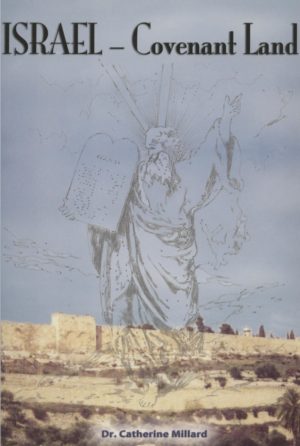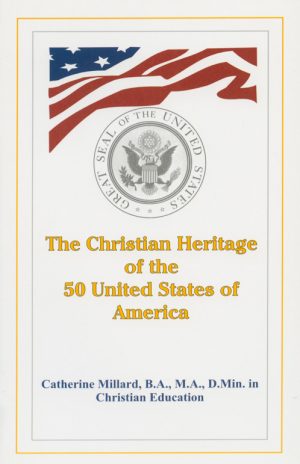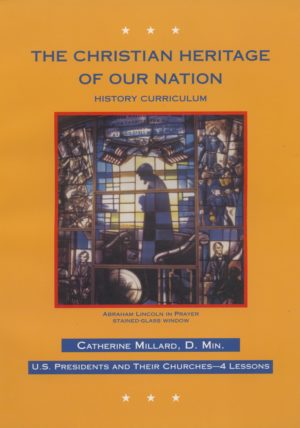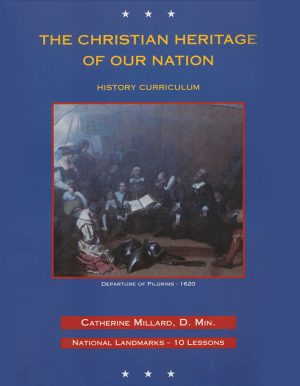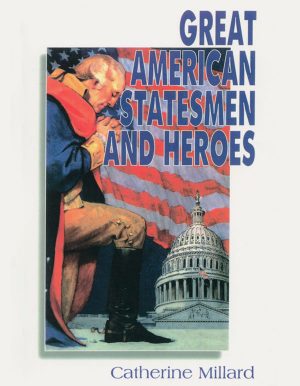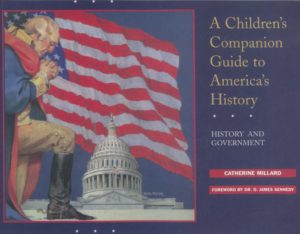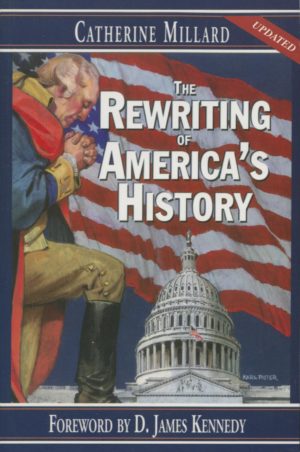John Adams and his family attended the famous Brattle Square Congregational Church, in Boston, (c. 1698-1805) together with fellow-worshipers, Samuel Adams and John Hancock; their pastor being Rev. Samuel Cooper, D.D., who was chosen by John Hancock, Speaker, the Senate and House of Representatives of Massachusetts to preach a Sermon on the first day of General Election under the new Constitution – October 25th, 1780. His Sermon was based upon Scripture – Jeremiah, chapter 30, verses 20, 21 – “Their congregation shall be established before Me: and their Nobles shall be of themselves, and their Governor shall proceed from the midst of them.”
Another Sermon by Rev. Dr. Cooper, Pastor of the Church in Brattle Street, Boston: A Discourse on the Man of Sin, was delivered in the Chapel of Harvard College, in Cambridge, New-England, September 1, 1773, at the Lecture founded by the Hon. Paul Dudley, Esq. It reads as follows:
A Discourse on the Man of Sin
2 Thessalonians 2: 1, 2, 3, 4, 8, 9, 10.
Now we beseech you brethren by the coming of our Lord Jesus Christ, and by our gathering together unto Him, that ye be not soon shaken in mind, or be troubled, neither by spirit, nor by word, nor by letter, as from us, as that the day of Christ is at hand. Let no man deceive you by any means; for that day shall not come except there come a falling away first, and that man of sin be revealed, the son of perdition: Who opposeth, and exalteth himself above all that is called God, or that is worshipped; so that he as God, sitteth in the temple of God, showing himself that he is God. And then shall that Wicked be revealed, whom the Lord shall consume with the spirit of His mouth, and shall destroy with the brightness of His coming. Even him, whose coming is after the working of Satan, with all power, and signs and lying wonders, and with all deceiveableness of unrighteousness in them that perish, because they received not the love of the Truth that they might be saved. (2 Thessalonians 2: 1, 2, 3, 4, 8, 9, 10).
“The Romish superstition, considered in its structure, and the progress it has made in the world, is at once a surprising monument of human sagacity and weakness. Advancing by slow degrees to that fatal maturity it acquired before the Reformation, it was nurtured by the observation and experience of ages, and the abilities of a long succession of as deep politicians as perhaps the world ever produced. It discovers a thorough acquaintance with the frailty of the human mind: its pomp and pageantry strike the senses: It manages with uncommon art and address, every object that can touch the passions; and while it flatters the corrupt inclinations of the heart, it is at the same time covered with a glare of devotion and austerity, and supported with a sophistry, extremely adapted to dazzle and mislead the understanding.
Long before Luther appeared, it had extended itself over the whole face of the Christian world: It had grown venerable by age: It had acquired astonishing strength by its long prepossession of the minds of men: It had broken and nearly extinguished, what it had most to dread, the liberal spirit of enquiry: to conceal its own opposition to the model upon which it professed to form itself, it had artfully withdrawn the sacred Scriptures from common view: It had closely interwoven itself with the constitution of states and kingdoms; and under a pretense of aiding, had strangely gained an ascendancy over the civil power, for which it soon pleaded a divine authority. While therefore we may justly wonder that so much of it remains in this enlightened age, we are at the same time obliged to acknowledge and adore a particular interposition of Divine Providence, in the rescue of so many countries, from a species of false religion, remarkable for the deep possession it takes of the minds of those who have once been devoted to it.
POPERY, like other oppressive powers, grew too confident of its own strength, and presumed too much upon the ignorance and submissive temper of those whom it had subjected. Having long practiced, with amazing success, upon the credulity and weakness of mankind, it at length pushed the experiment too far. Contrary to that spirit of dissimulation and subtilty by which it had been generally guided, it neglected to varnish its avarice, and venal dispensations for licentiousness, with the colour of prudence and sobriety. The sale of indulgences at the beginning of the sixteenth century, was conducted in a manner that shocked the grossest understanding, and offended the consciences even of those who had implicitly resigned them to the direction of the church, and had never entertained very rigid sentiments of morality.
THIS roused the great spirit of Luther, and prepared the minds of men to listen to his discourse, and adopt his free and noble sentiments, as they gradually opened and enlarged themselves.
HAPPILY for the cause of Truth and righteousness, the tenth Leo, though careless of the reputation of the church for sanctity and morals, was a friend and patron of the liberal arts. Protected and fostered by him, they were eagerly seized by the Reformers, and employed by them with happy advantage in effecting one of the most important and glorious revolutions the Christian church ever saw. The human mind; awakened from its lethargy, and engaged in the pursuit of religious Truth, felt an unusual pleasure in the free exertion of its own faculties, and pushed its enquiries from one subject to another with surprising avidity and success. The Scriptures being laid open, and the explanation of them greatly aided by the revival of the Greek and Roman learning, it soon appeared how contrary the distinguishing doctrines of Popery were, to those delivered by Christ and His apostles; and how exactly the church of Rome, that had so long been revered as the pillar and ground of truth, resembled that apostate and idolatrous, the subtil, fraudful, that tyrannical and persecuting power, predicted in our text, and in other passages of the New Testament.
WITH this resemblance, the Reformers and their followers were greatly struck, and finding the event so plainly corresponding to the prophecy, not only their faith was hereby confirmed in the Sacred Writings, as a Revelation from Him who alone declareth the end from the beginning and from ancient times the things that are not yet done; but their confidence in the Truth and goodness of their cause was strengthened, and their honest zeal and ambition enlivened, to separate themselves from a religious community that had so grossly departed from the doctrine and precepts of Jesus; to oppose its corruptions with the armor of light; and to be honoured as instruments in the hand of Divine Providence, of delivering mankind from a system of false religion, which the prophetic Spirit itself had described and execrated as a child of perdition.
UPON this ground they boldly withstood the exorbitant and impious demands of the chair of St. Peter, which had long been regarded as the centre of unity, and infallible in its dictates: Upon this ground they supported themselves against the charge of scism, a charge which in that day carried a dreadful sound to the ears of men, and which the papal power had employed every artifice, every species of persecution and cruelty, to render formidable.
THE argument was indeed popular, and had great effect: The sound of antichrist, and the Man of Sin, must have heightened an abhorrence of the Bishop of Rome. But the Reformers did not invent it; they found it prepared for them by the Spirit of Truth; and they urged it with a manly boldness and energy, for which they will long by honoured in the church of God. That it was not the extravagance of enthusiasm, not the artifice of a party heated by controversy, and exasperated by injuries, to support its own cause, but the result of a sober, though free enquiry into the sacred writings, has been confirmed by the judgment of the most learned and temperate expositors from that day to the present; and must be evident to everyone who impartially considers what these writings have delivered to us upon this point, and especially the passage of St. Paul; which I have now read. A subject that very properly comes under our present consideration, as it has been particularly pointed out by the honourable founder of this Lecture, who, in an institution that will transmit his name to posterity as a warm and generous friend to Protestant piety, and the rights of conscience, has expressed his will, that the business of the third discourse upon this occasion should be “for the detecting and exposing the idolatry of the Romish church; their tyranny, usurpation, fatal errors, abominable superstitions, and other crying wickedness in their high places; and finally, to prove that the church of Rome is that mystical Babylon, that MAN OF SIN, that apostate church, spoken of in the New Testament.”…
POPERY is incompatible with the safety of a free government. It sets up a foreign head, superior to all civil rulers; a spiritual power that reaches to everything upon earth, and can brook no control. Trampling upon the rights of conscience, and assuming an authority to dissolve every sacred obligation, what pledge can it possibly leave us for the security of civil freedom?
COMPARE the present state of Italy with what it once was. Where are the poets, the orators, the philosophers, the statesmen and heroes, that once guided, defended and adorned that distinguished country? Where are the numbers it supported, and the spirit and vigour of its inhabitants? Nature is the same; it is Tyranny, and most of all the papal Tyranny, that hath made the change. We have indeed, may a Popish bigot say, we have happily no more the fierce contentions of ancient Rome: All things are now settled by an indisputable authority; and we are at peace. But have there been no bloody contests in papal Rome? And what kind of tranquility does it ever enjoy? Is it the ease and happiness of a vigorous and well-governed state? Far from it: It is the silence of death; it is the peace of a church yard.
LET us therefore, stand fast in the liberty wherewith Christ has made us free, and allow no unscriptural imposition, no trace of the papal bondage, to be found among us! May a liberal enquiry, a free and temperate discussion, dissipate error of every kind, and by advancing Truth, secure the true order and felicity both of Church and State! May the honor of the inspired Writings, as the infallible rule of faith and practice, and the right of private judgment, the basis of the Reformation, ever be sacredly preserved among us! And may serious piety, and Christian morals, the end of all, adorn our profession as Protestants, and ever keep pace with our improvements in speculative knowledge!
To learn more, click here. (Founders’ Book)
THE END.”1
___________________________
Bibliography:
1
Rev. Samuel Cooper’s Sermon, (The Man of Sin,) delivered in the Chapel of Harvard College, Cambridge, September 1, 1773. Rare Book Collection, Library of Congress, Washington, D.C.
